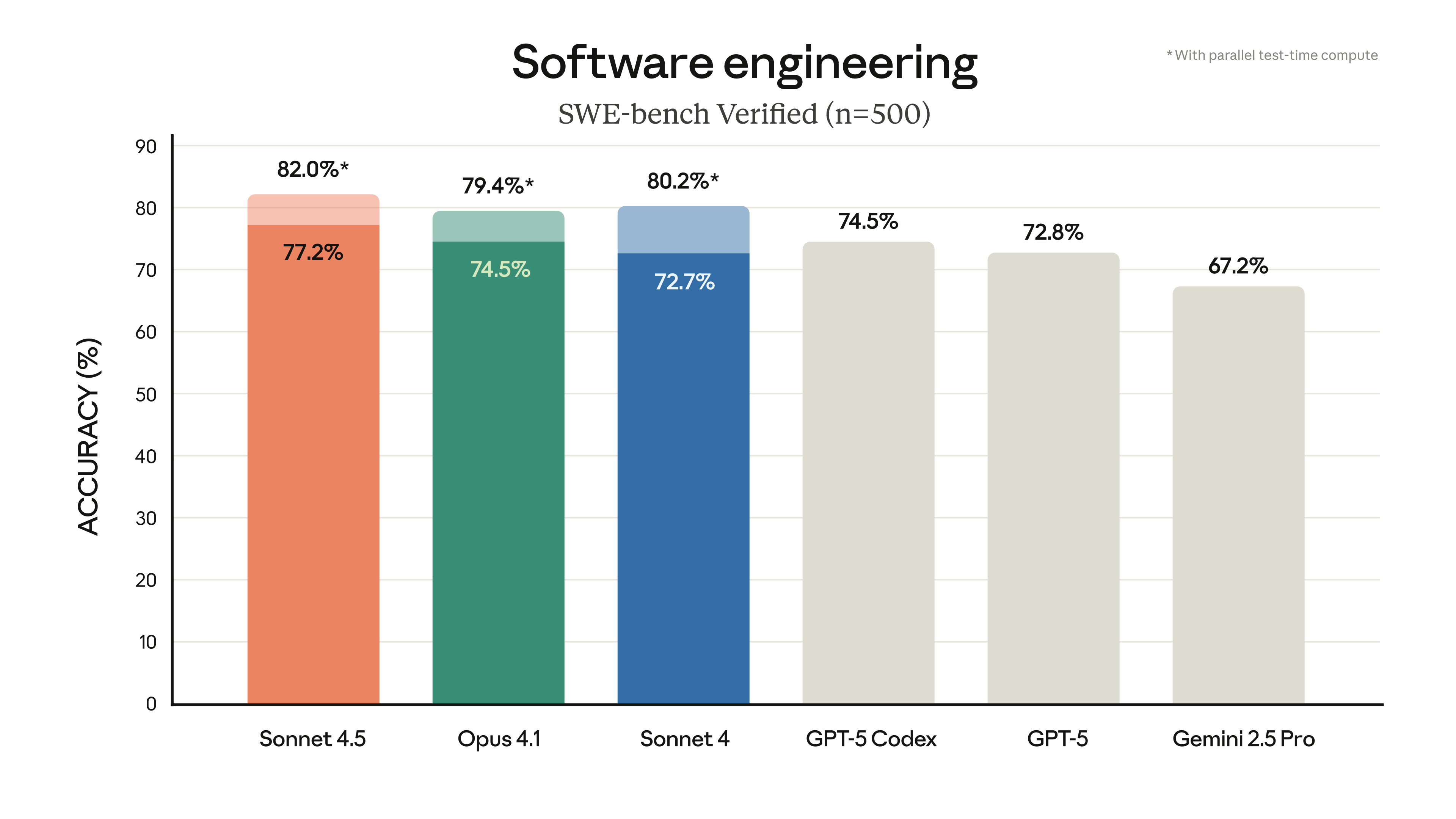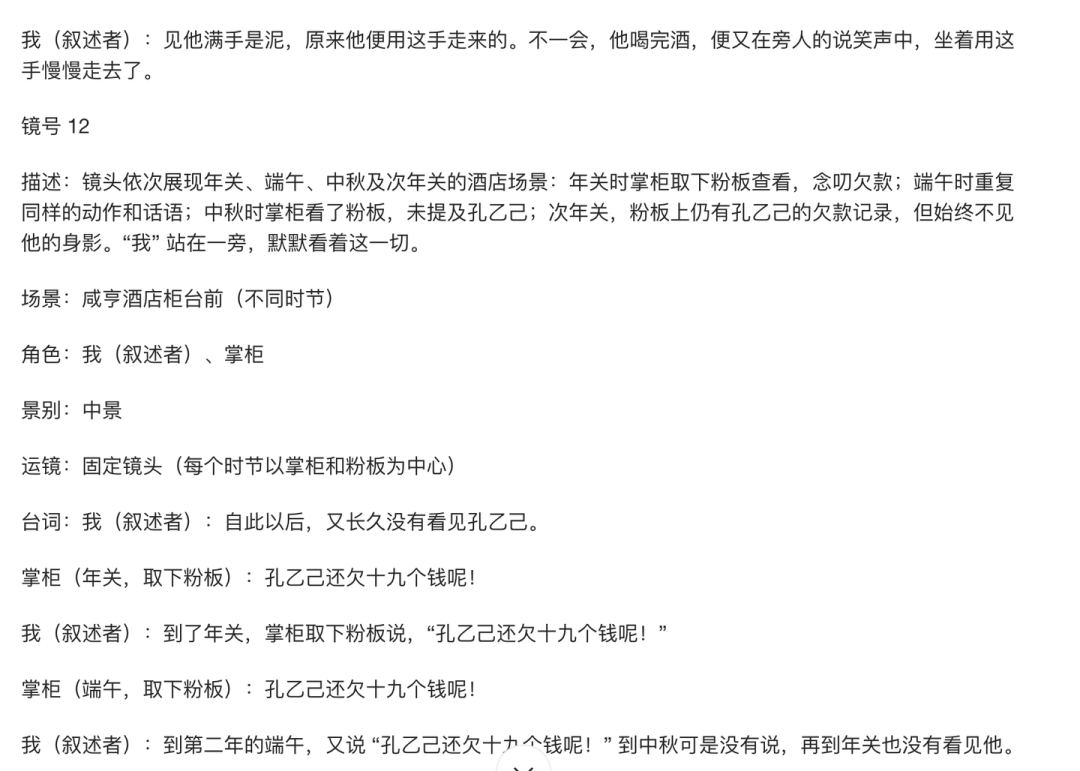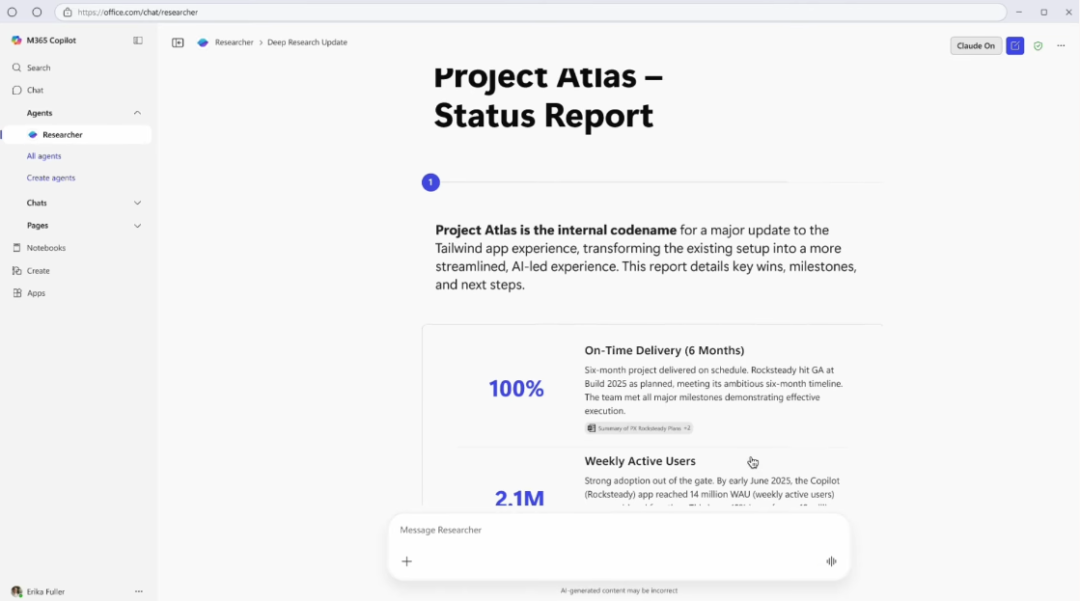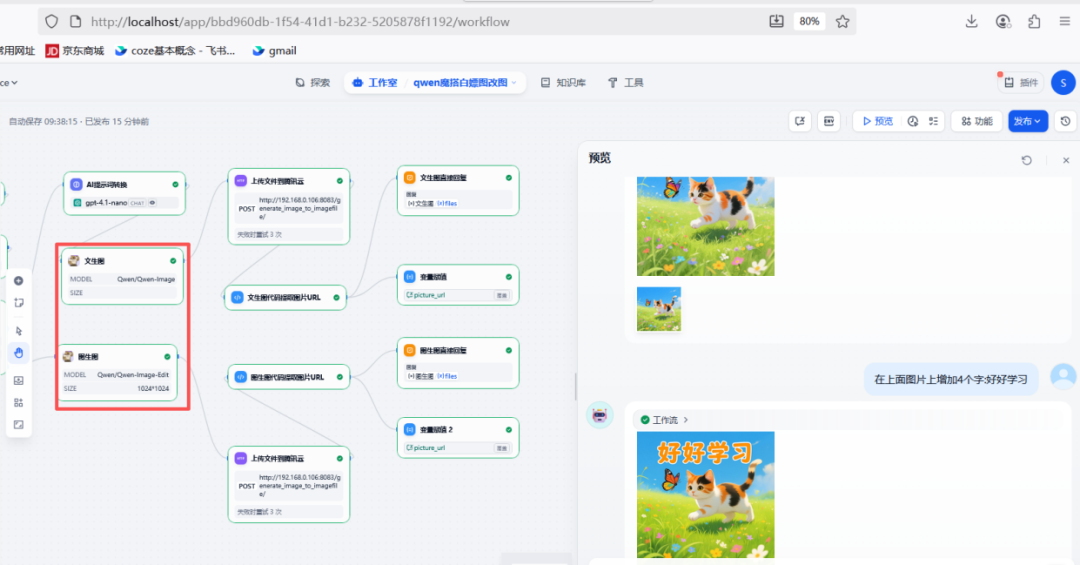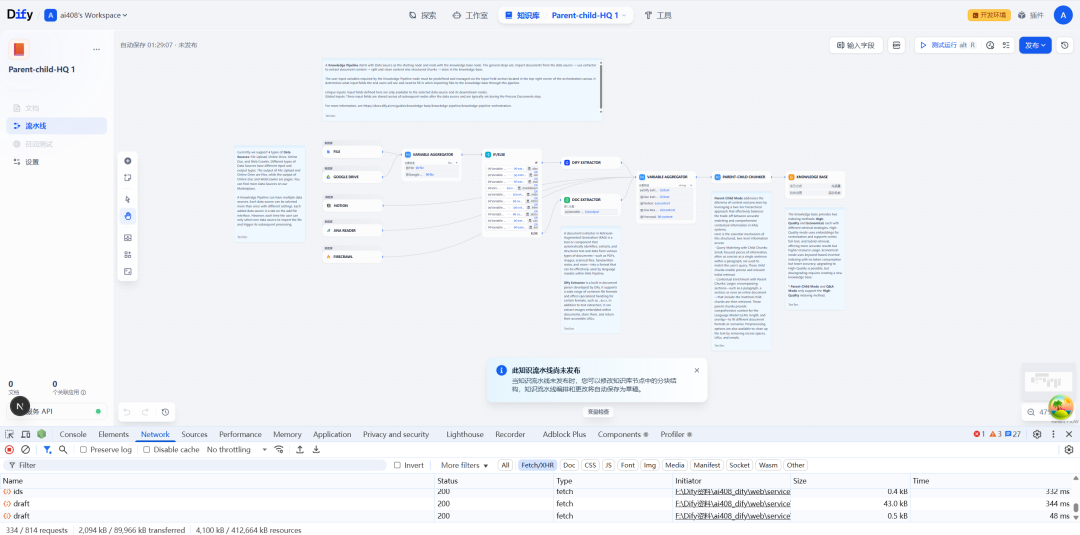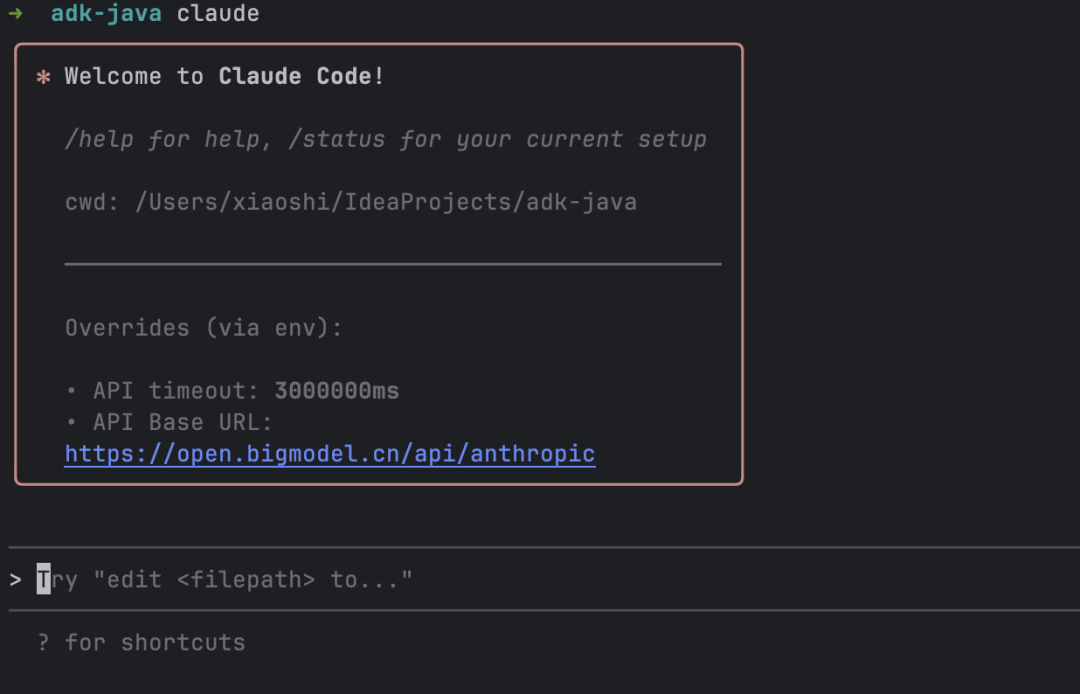The multiple rounds of iterative optimization algorithms used by MassGen are a key feature that distinguishes it from ordinary AI systems. The system decomposes complex tasks into multiple sub-modules that can be processed in parallel, allowing the intelligences to incrementally improve the quality of their solutions through iterative validation and improvement.
In terms of workflow, the system sets clear iterative control parameters: the intelligences first generate a draft task based on their initial understanding, and then the system activates a review mechanism whereby the intelligences cross-check their work and mark potential problems. For example, when dealing with a knowledge dissemination task such as "Explain the theory of relativity in simple language", the first round of output may contain technical terms, which will be flagged as not meeting the user's needs and triggered to be rephrased. The max_duration parameter in the configuration file controls the total duration of the iteration, typically set to 120 seconds.
Performance tests show that the accuracy of a task solution after 2-3 rounds of iterations is improved by 37% on average over a single output. this mechanism is particularly suitable for content creation, educational tutoring, and other scenarios that require high quality of results, and the system automatically retains the intermediate results of each iteration, making it convenient for users to trace the optimization trajectory.
This answer comes from the articleMassGen: A Multi-Intelligence Collaborative Task Processing SystemThe












